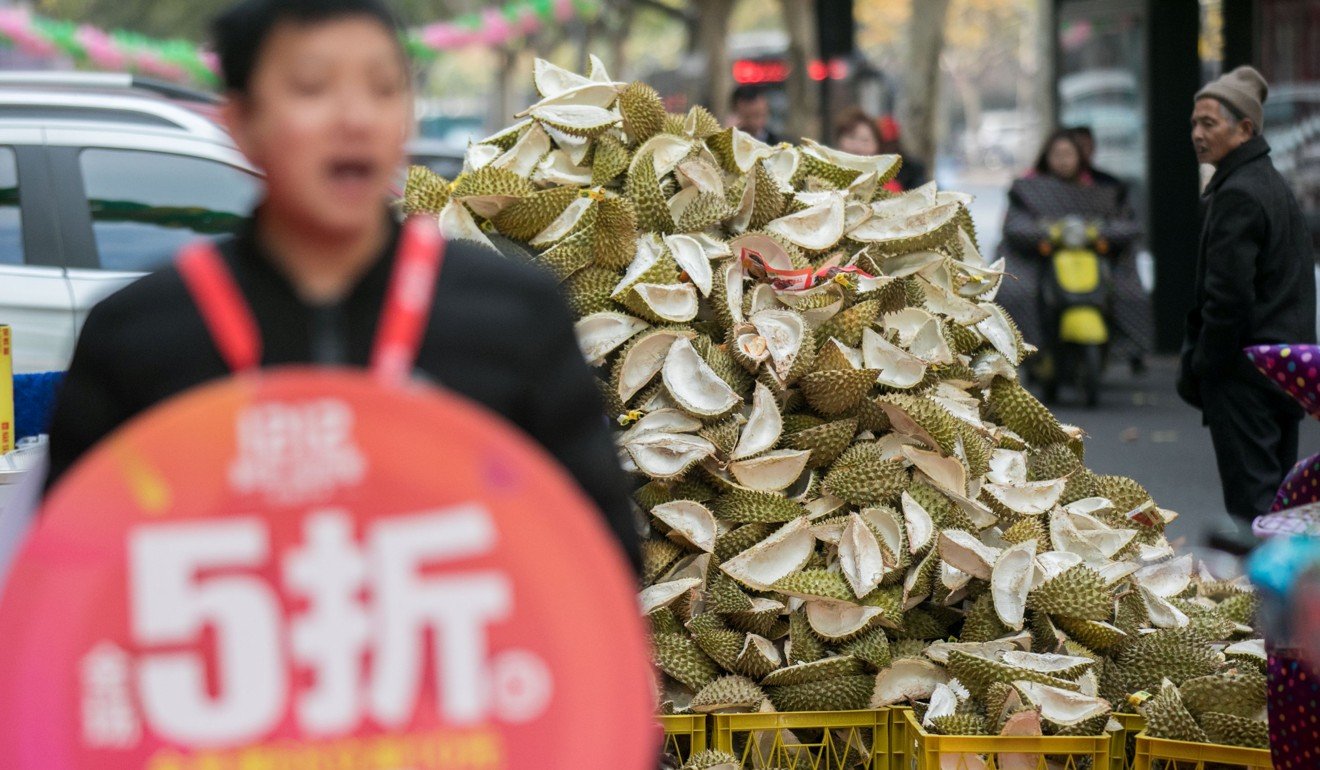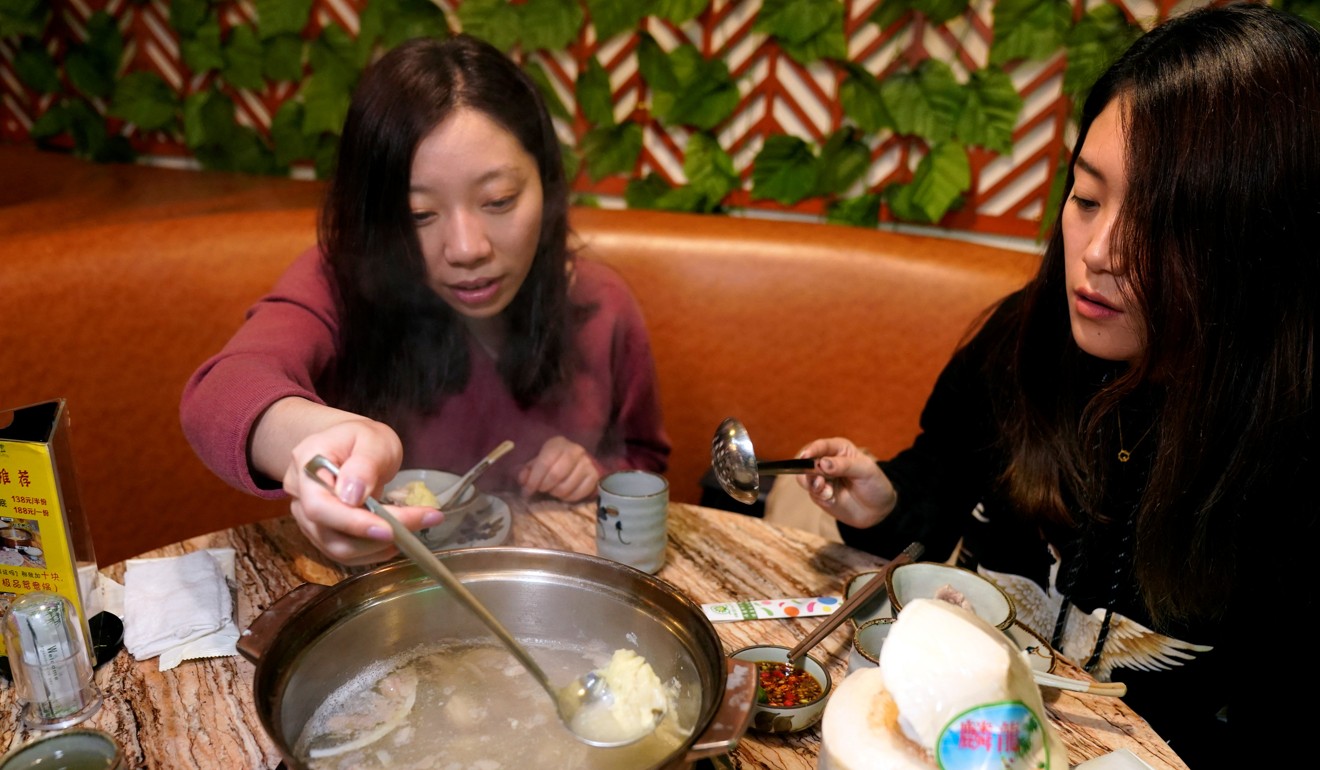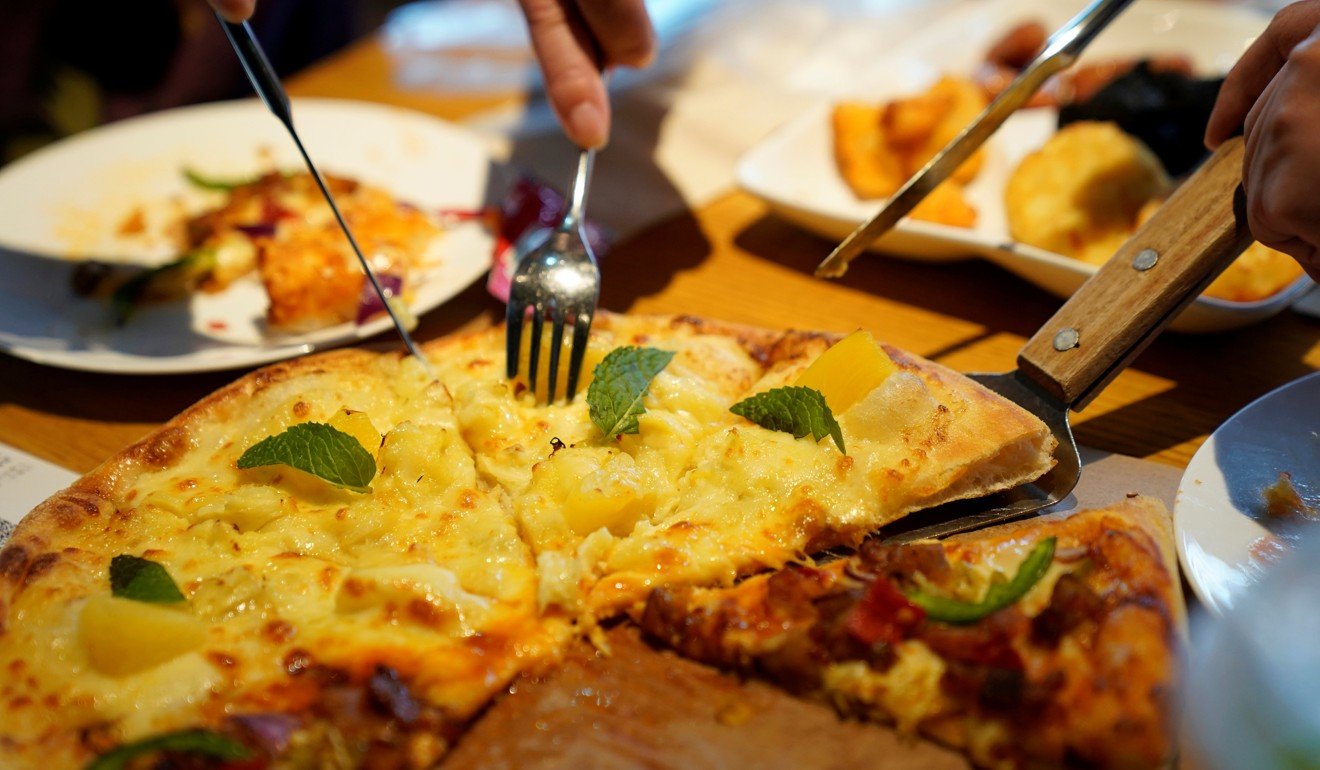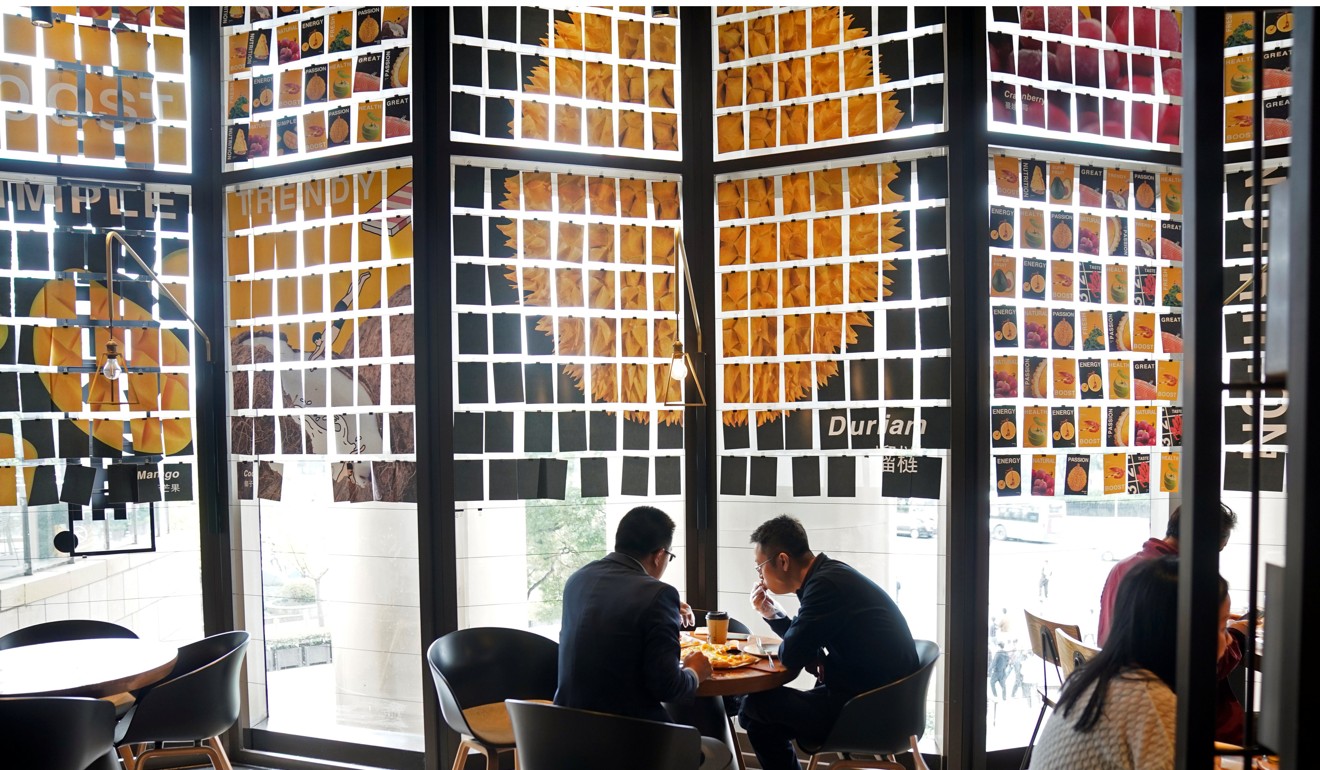The stinky, spiky durian will become Malaysia’s next big export as the south-east Asian nation rushes to develop thousands of hectares to cash in on unprecedented demand from China for the fruit.
The durian was once only planted in family orchards and small farms, but now the Malaysian government is encouraging large-scale farming of the fruit – described by some as smelling, when ripe, like an open sewer or turpentine – and counting on a 50% jump in exports by 2030.

“The durian industry is transforming from local to global, large-scale farming due to the great demand from China,” said Lim Chin Khee, a durian industry consultant. “Before the boom, a durian farm in Malaysia would be a leisure farm … Now they are hundreds of acres and bigger, and many more will come.”
Durian may be banned in some airports, public transport and hotels in south-east Asia for its pungent smell, but Chinese people are huge fans. Durian-flavoured foods sold in China include pizza, butter, salad dressing and milk.

Chinese markets pay top price for Malaysia’s “Musang King” durian because of its creamy texture and bittersweet taste. Prices of the variety, now planted all over the country, have nearly quadrupled in the last five years.
China’s durian imports rose 15% last year to nearly 350,000 tonnes worth $510m (£398m), according to the UN’s trade database, nearly 40% of which was from Thailand, the world’s top producer and exporter.

Malaysia accounted for less than 1% but expects sales to China to jump to about 22,000 tonnes by 2030 from an estimated 14,600 tonnes this year, as trade is widened to include whole fruit from the current restriction to durian pulp and paste.
The agriculture department said: “Planting durians is not just a hobby today as durians are considered as ‘gold’ in the agriculture industry.”

Malaysia's durian plantations covered 72,000 hectares last year but the area under cultivation is growing, the department said, and in some areas plantations growing palm oil are switching to durian because it is seen as more lucrative.
In March, Malaysia's then-agriculture minister was quoted as saying one hectare of Musang King could yield nearly nine times more revenue than a hectare of palm plantation.
Source : Reuters


















